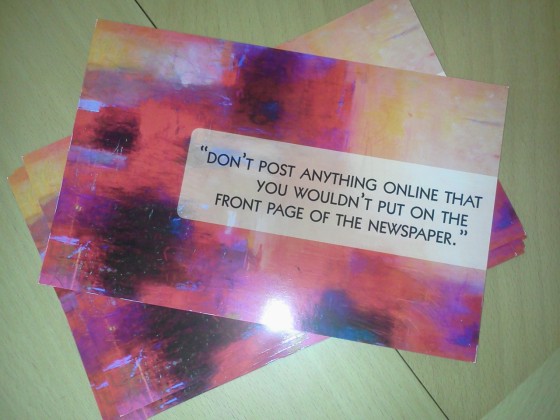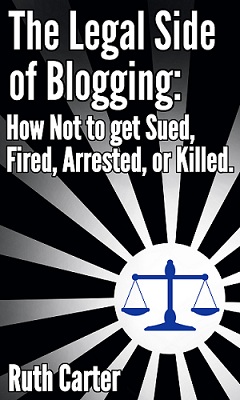
I’m excited to share that I’ve teamed up with Gangplank in Chandler to offer free legal mentoring services on the first Monday of the month from 1pm until 4pm. I can see 3 people for 45-minutes each every month at no charge.

My legal mentoring hours are a great opportunity to informally bat around your ideas and questions about your projects and business. Coming to my mentoring hours does not create an attorney-client relationship between us. We won’t have any ongoing obligations to each other unless we decide to create a formal working relationship.
Gangplank provides free collaborative workspaces in Arizona, Virginia, and Canada. They provide the physical and social infrastructure for creative people to launch their startups. These are wonderful places for freelancers and new business owners to work. In Arizona, Gangplank has locations on Chandler, Avondale, and Tucson.
I love working with Gangplank. They have a fantastic group of dynamic people who have an enormous amount of creativity and drive. They have a very informal environment and they do incredible work. It fits brilliantly with my desire to be the approachable lawyer who wears t-shirts.

Gangplank in Chandler is located at 260 South Arizona Avenue. Their events calendar shows their mentors’ availability and also all their other events like their weekly brown bag presentations, hacknights, and workshops. They have a wealth of other mentors too who provide assistance in the areas of business, leadership, marketing, design, finance, and technology.
Gangplank is in charge of scheduling the mentoring hours so please check their event calendar for my availability. You can book a mentoring appointment with me by emailing them at chandler@gangplankhq.com.
Please note: my mentoring hours at Gangplank are not for my ongoing clients with whom I’ve created an attorney-client relationship. These appointments are for people who think they might need a lawyer, people who just want some general legal information, law students, anyone else who wants to chat for an hour.
You can connect with me via Twitter, Google+, Facebook, YouTube, and LinkedIn, or you can email me.
Please visit my homepage for more information about Carter Law Firm.











